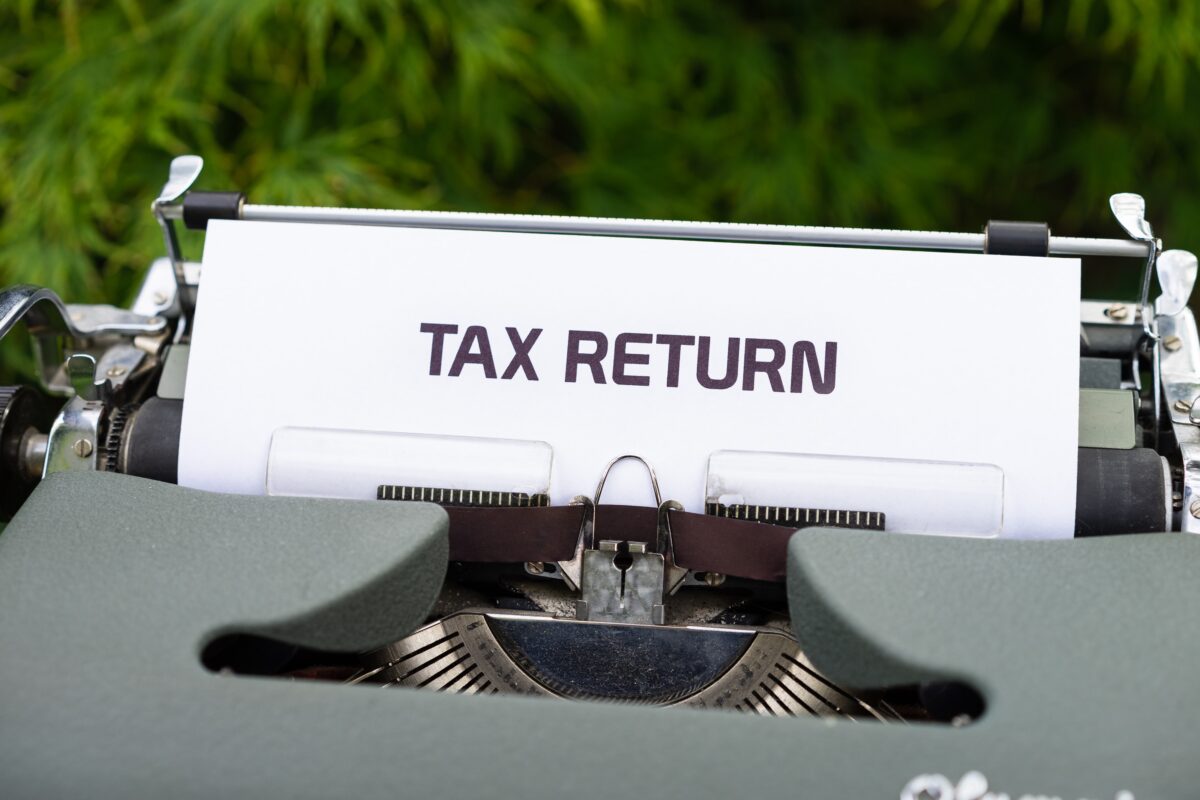What do Covid and Inflation Worries Mean for the Retail Sector?
The financial burden on the average consumer seems to be increasing daily. Food prices are rising, energy bills are on the up and National Insurance is about to increase.
At the same time, businesses are struggling with issues such as rising transport costs and labour shortages, which have been linked to both Brexit and the continuing Covid-19 pandemic.
All this means that people have less money in their pocket at a time when many retailers are having to pass on rising costs to their customers, and according to the British Retail Consortium (BRC), prices look set to continue going up.
So what happens next, as retailers struggle with increased costs and rising inflation deters consumers from spending money?
Chief Executive of the BRC Helen Dickinson has called on ministers to take action, saying: “The trajectory for consumer prices is very clear: they will continue to rise, and at a faster rate.
“Government should relieve some of these costs by looking for long-term solutions for resolvable issues such as labour shortages.”
According to the latest BRC figures, shop price annual inflation rose from 0.3% in November to 0.8% in December. This was driven partly by increased food costs, with food inflation going up from 1.1% in November to 2.4% in December last year.
Inflation-related problems for the retail sector are also being compounded by continuing consumer worries over the Omicron variant, which is much more transmissible than previous strains of coronavirus.
Figures from Springboard show that concerns over Omicron led to fewer people heading to the shops to take advantage of post-Christmas sales.
Footfall on UK high streets was 37.7% lower on Boxing Day 2021 than it had been in 2019, while the number of shoppers in retail parks dropped by 40.2%. In shopping centres, meanwhile, footfall fell by 48.4%.
Of course, several factors could have contributed to this decline, such as some shops staying shut on Boxing Day so their staff could enjoy a longer Christmas break, and the fact that Boxing Day fell on a Sunday in 2021. But it is clear that Covid was a significant factor behind people staying away, especially in cities such as London, where the number of shoppers on Boxing Day 2021 was 50% down on the same day in 2019.
Diane Wehrle, insights director at Springboard, said: “Footfall is weaker in central London than in large city centres elsewhere in the UK, which in part is likely to be a result of cancellations of trains restricting shoppers’ ability to get into the capital.”
This view is reinforced by data from the Rail Delivery Group, which this week said nearly one in ten rail workers across the UK are off work because they either have Covid or are isolating. As a result, major operators including LNER and CrossCountry have had to switch to reduced timetables and warn of possible cancellations.
Rising costs, worries over Omicron and transport issues making it harder for people to physically get to the shops all add up to a big headache for the UK’s beleaguered retail sector, and a problem that may require some level of government intervention in the coming months.


